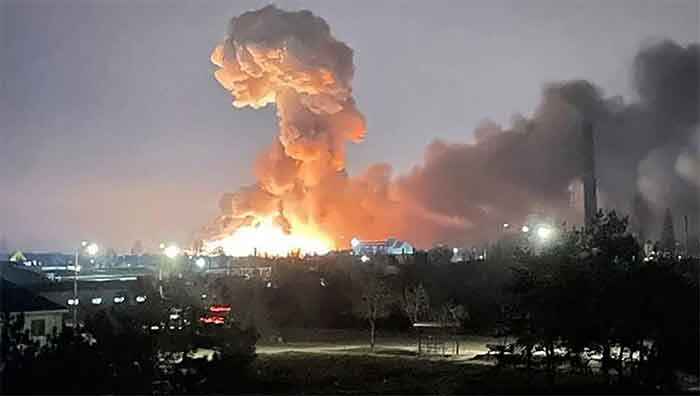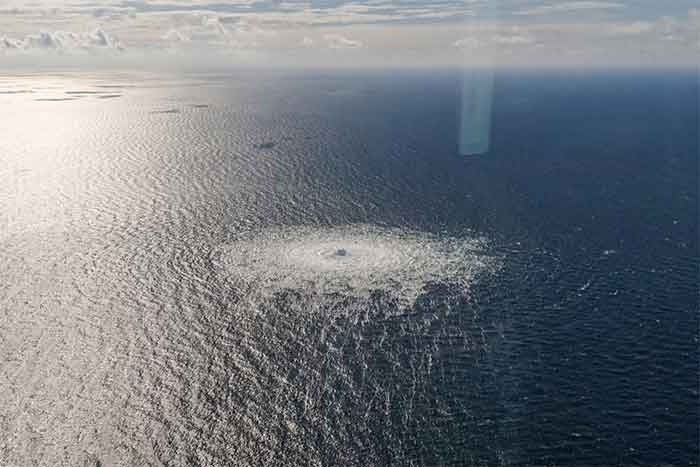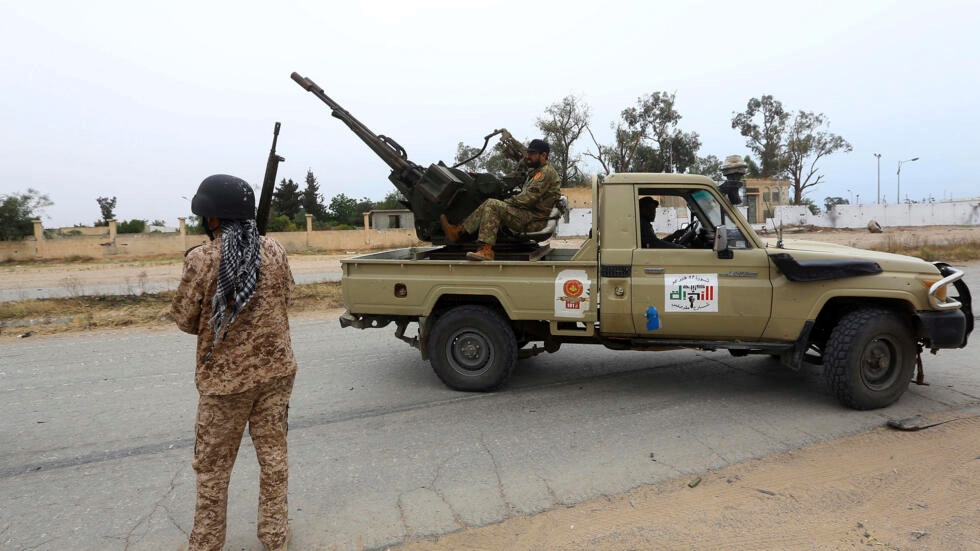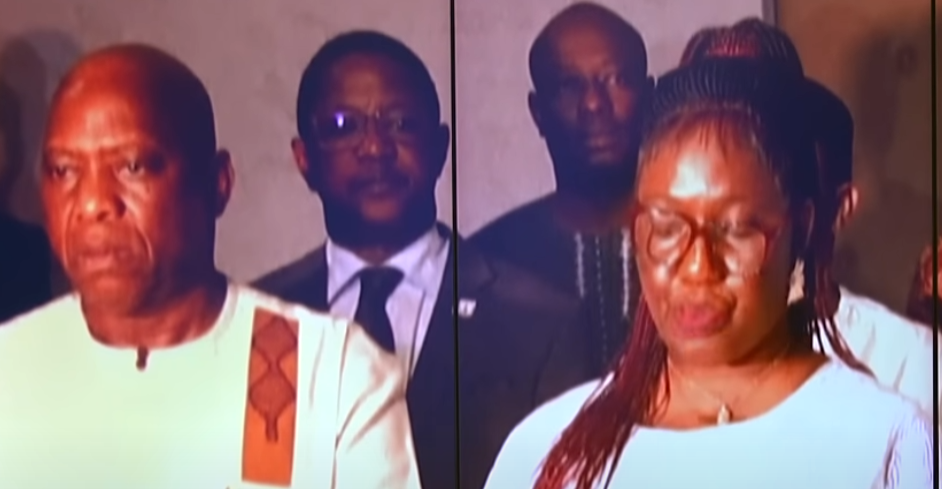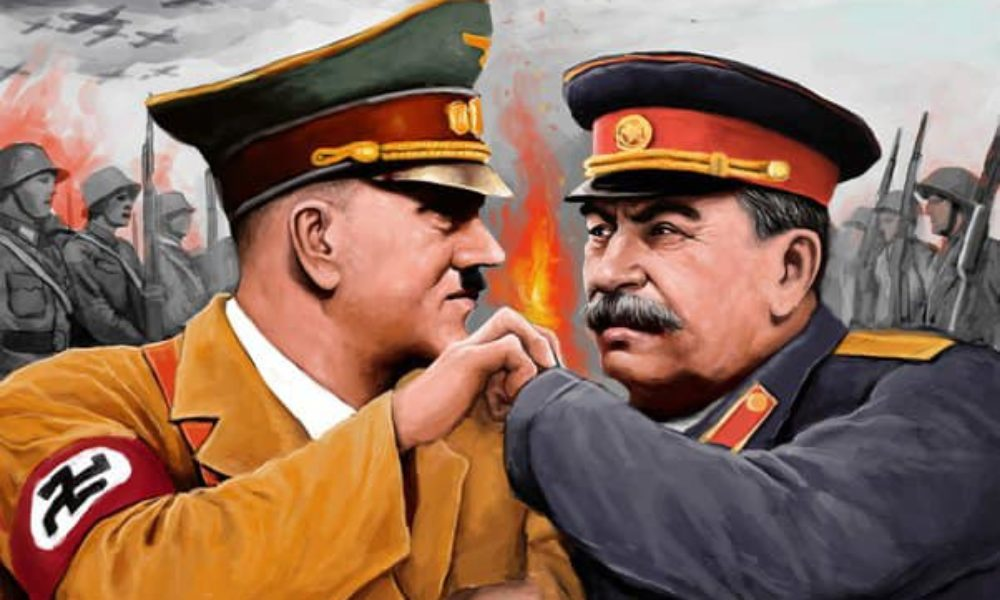On the Third World Colonialism
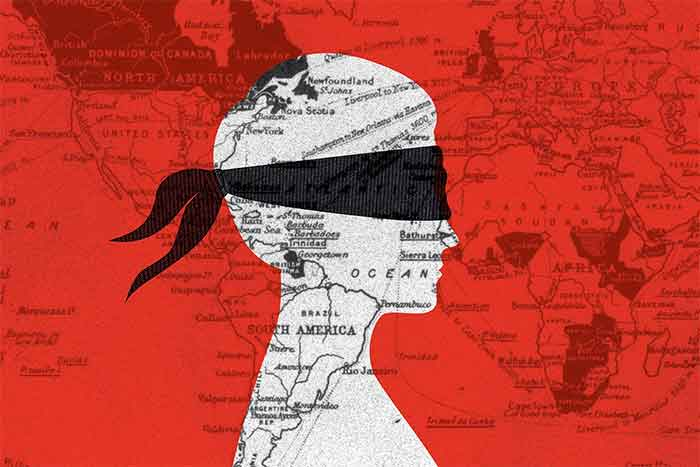
Bryan Pfaffenberger and his stock are continuing the Western traditions of confusing or at the least misunderstanding the life in South Asia, its various nations and cultures, as also the values, and make much ado about the ‘Fourth World Colonialism’.1 We are to encounter many apparitions which the myth-making of the Western scholarship has unleashed in the conceptual forms of the ‘Aryan’, ‘Dravidian’, ‘Hindu’, ‘Hindustan’, ‘Indian Nationhood’ and the like, and the communalisation of the subcontinent’s politics on the basis of these fantasies.

